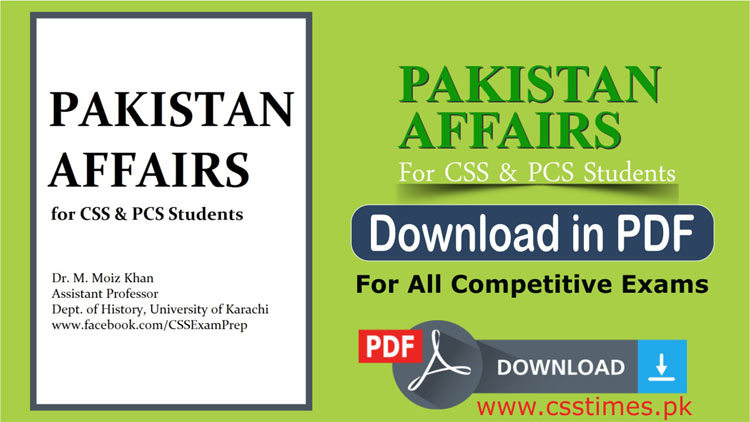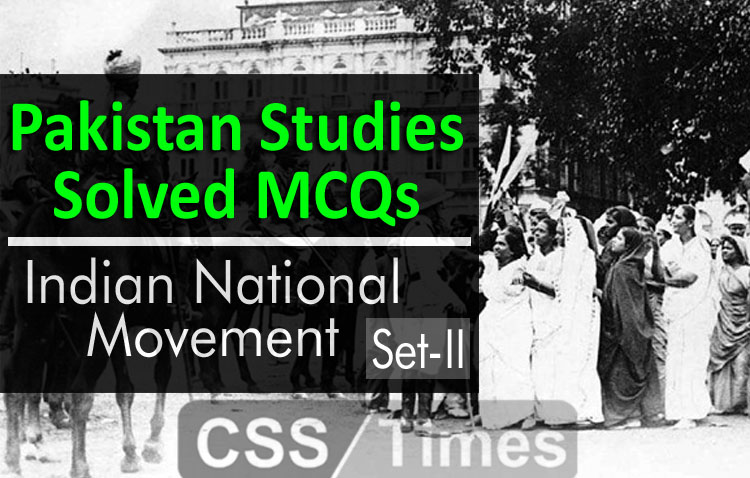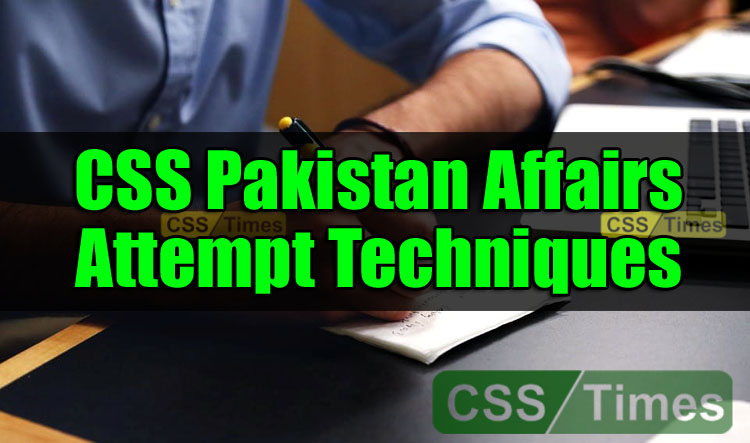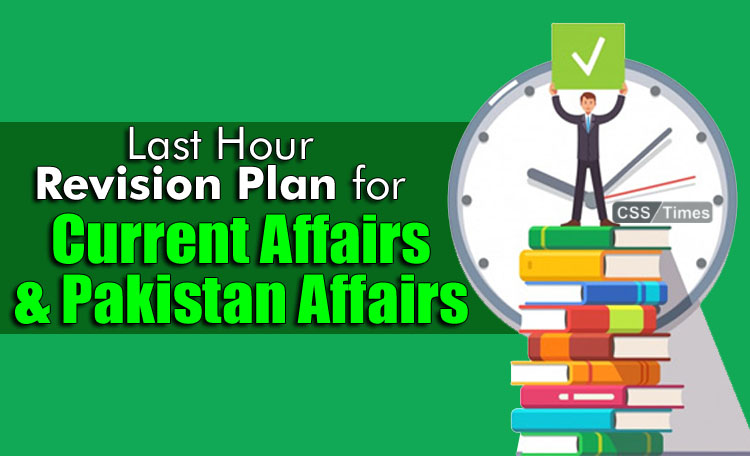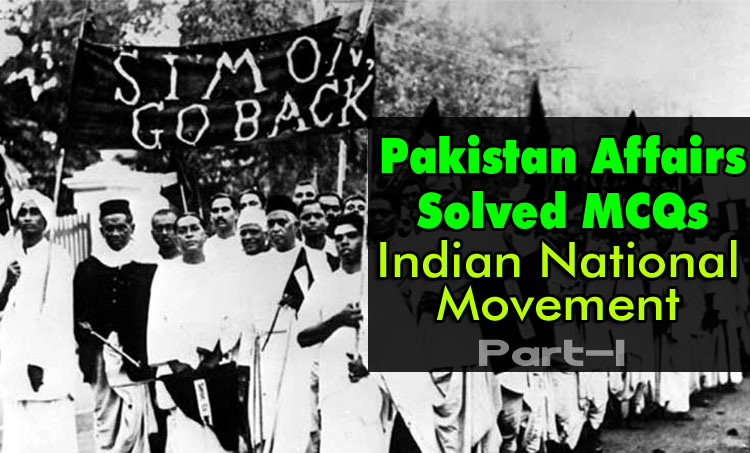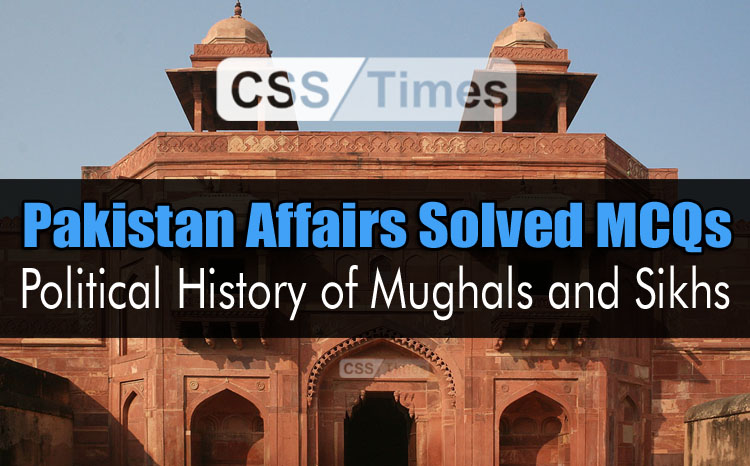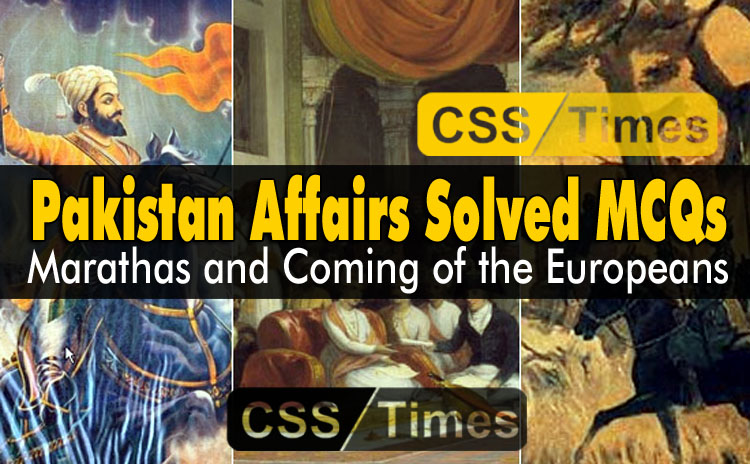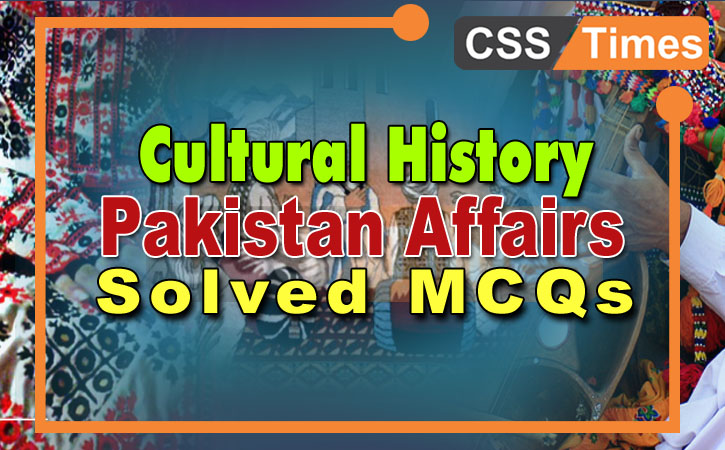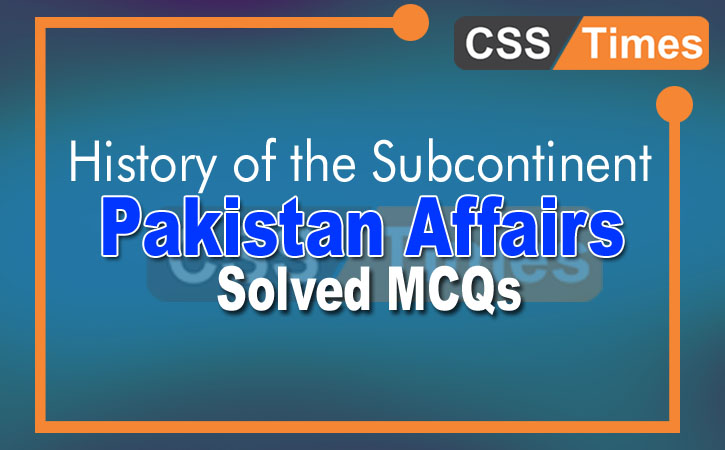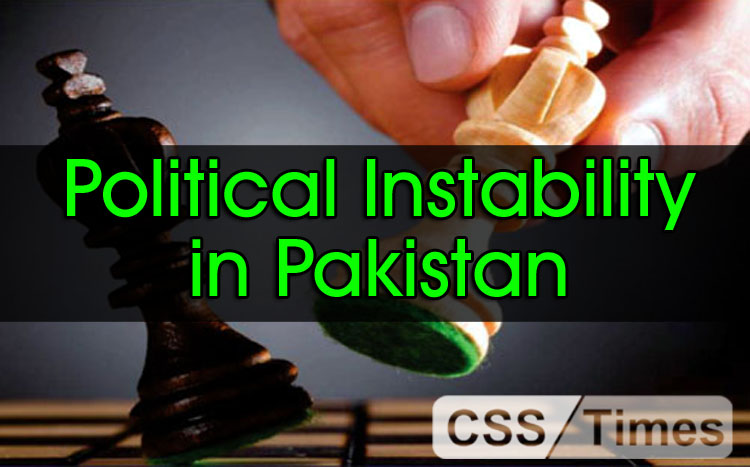Pakistan Affairs Notes
by Dr. Moiz Khan (Assistant Professor)
Dept. of History, University of Karachi
Sample Page of Pakistan Affairs Notes for CSS Aspirants
In 1600 C.E. East India Company was established in England. Queen Elizabeth granted the charter to East India Company to trade in areas East of Africa. This included Sub-continent, Indonesia, and Malaysia etc. In the start the East India Company tried their luck in islands of Indonesia but they were unable to extract desirable profits from there. To make trading more difficult they had a formidable opposition in the form of Dutch. The Islands of Indonesia were already claimed by Dutch and Portuguese. In 1623 an incident permanently convinced British to turn towards India. Twenty one men were killed by Dutch in Amboyna out of which ten were the servants of British East India Company, the incident in known as Amboyna Massacre.
